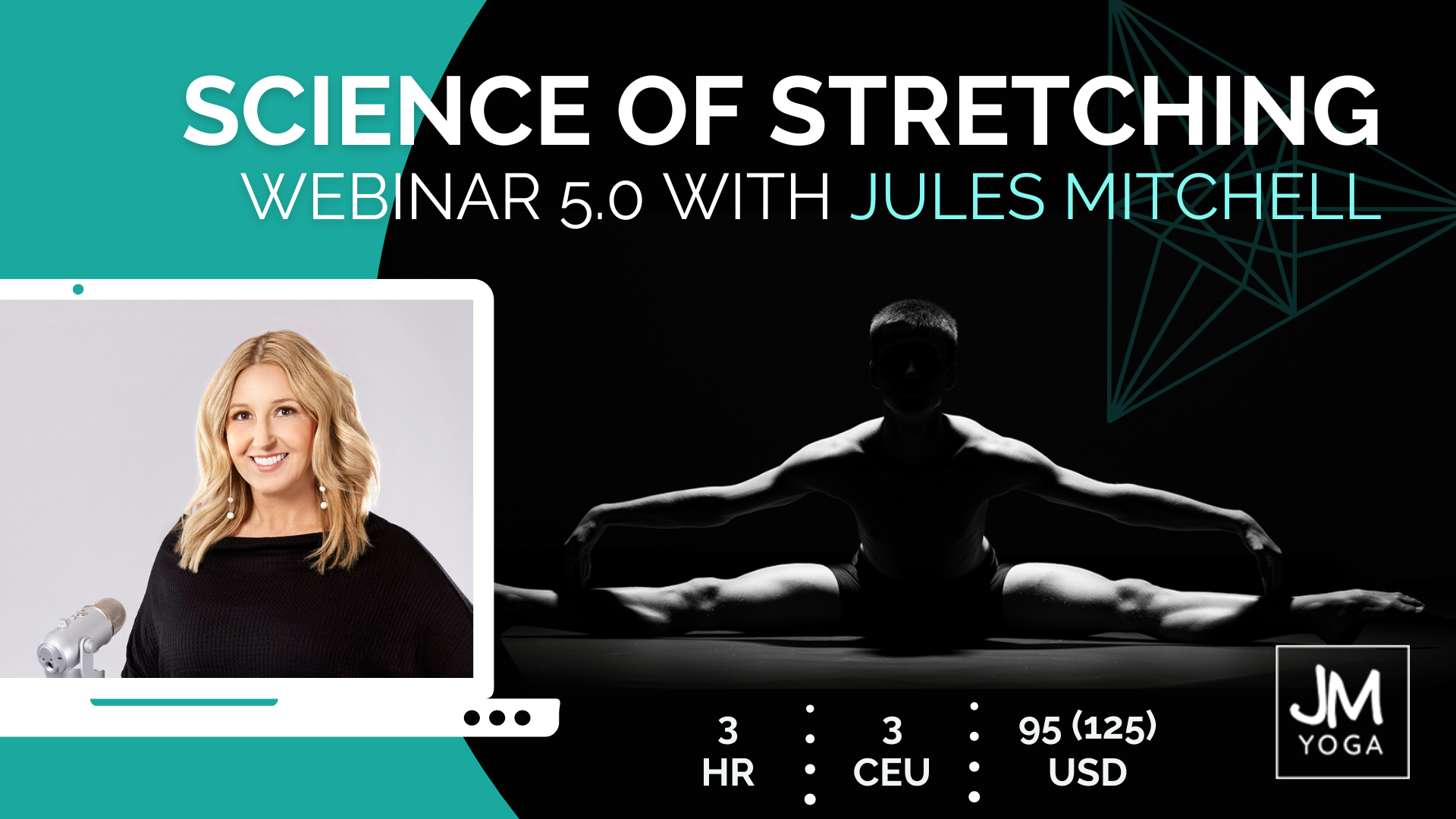It’s just that 9 times out of 10, the question doesn’t have enough information for me to help point you in the right direction.
I need to know far more information than the general topic. Sure, there is research on stretching, squats, yoga therapy, joint mobility, fascia, foam rolling, etc. Actually a lot more than you can probably consume in a lifetime!
Now that we’ve established, that yes, there’s a study on that, it’s best to get clear on what outcomes you are interested in. Maybe consider the population, the variables that are controlled for, the variables that aren’t, etc.
For example, I might be asked if there’s a study comparing yoga to walking. Probably. Definitely. But I can’t scour the entire library of literature for you, reading a bunch of abstracts, guessing what you might be interested in.
So a really good way to know what you’re looking for is to design your own study first. Watch this 45-second video:
So back to your own inquiry…
Yoga vs walking. Got it.
- For bone density or grief?
- In a special population or healthy adults? What qualifies a healthy adult?
- Over how long do they do the thing? Is 3 months enough time to make a difference? Why don’t they do 3 years?
- Are they new to yoga? New to walking?
At which point you might wonder:
- Wait, how are they new to walking? That’s not really possible.
- So then to compare the effects of yoga to walking, aren’t you just comparing the addition of yoga?
- Unless they walk at a much higher dosage than normal.
- So then, can they have done yoga before, just at a much lower dosage than the intervention? And can the yoga group not walk?
- Who would join a study for 3 years if they can’t walk that whole time? Even 3 months!
- Maybe we’ll just study for 4 weeks. But is that enough time?
- I have to think about this some more.
I’m being a bit simplistic here, but you get the idea. Research doesn’t always answer the questions you think it does. It’s a highly controlled environment, especially if it’s any good.
So have fun with this challenge!!! It’s a great way to start thinking about what can and can’t be measured.
I would cry tears of joy if the next email I got about “Is there any research on” instead said, “so I was curious about this thing but have no idea how that can actually be tested! What are your thoughts?”
Also, this is exactly the nuance we tease out in my mentoring program. So if you like this, then you’ll love the conversations we’re having over here.
Extend Your Learning:
Online Education With Jules

The Science of Stretching Webinar 5.0
This webinar is for teachers and students who have an insatiable curiosity about stretching, what it does, and how it works, while accepting that conventional stretching wisdom isn’t always accurate. Eligible for 3 CEUs. This course is offered in January and July each year. Learn more >
